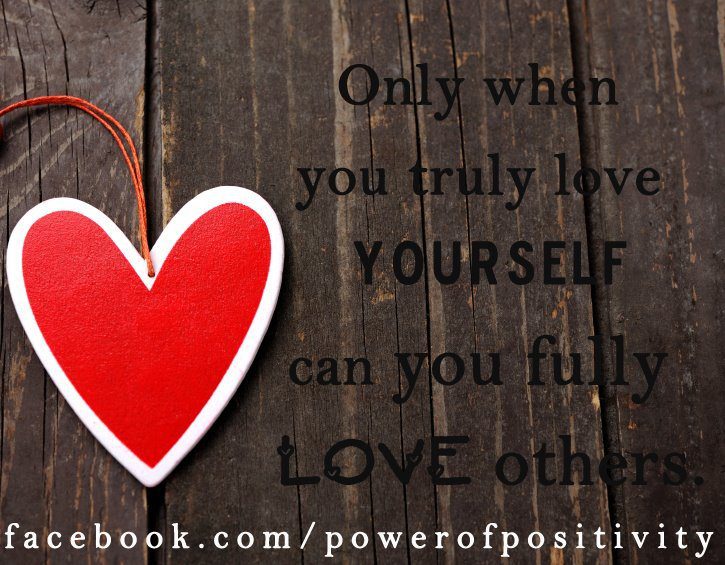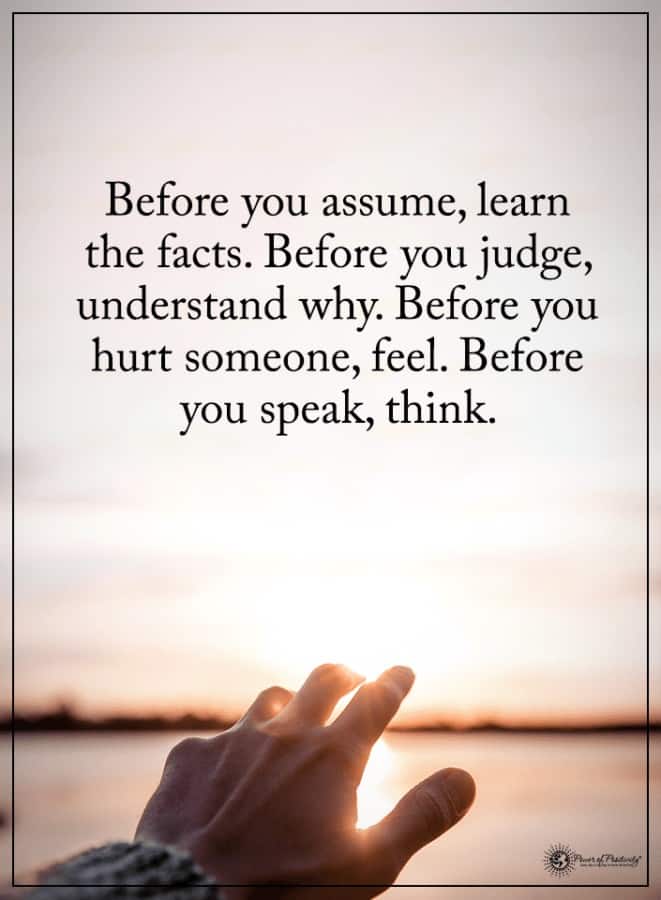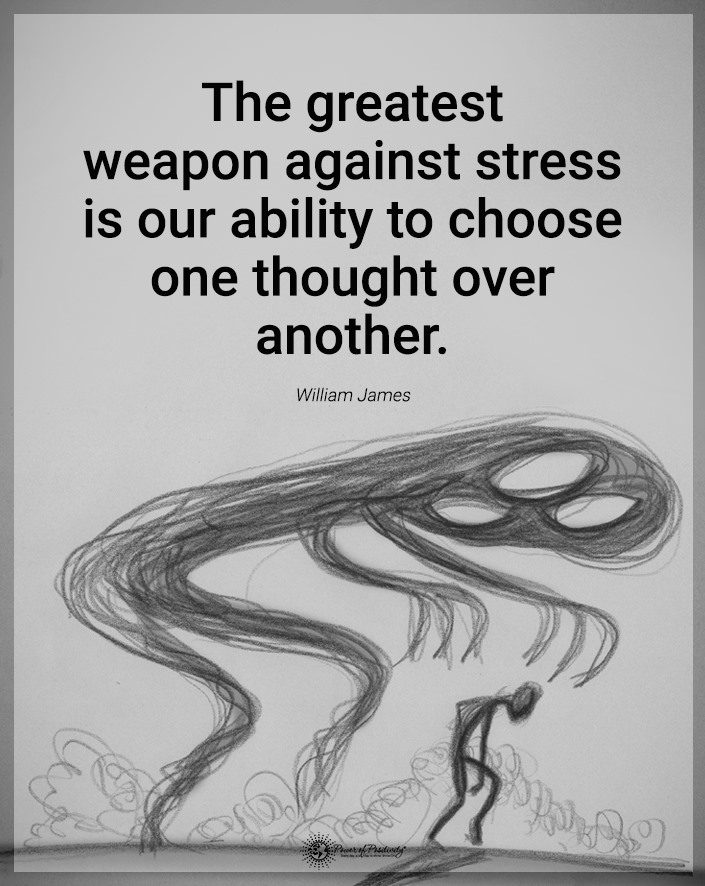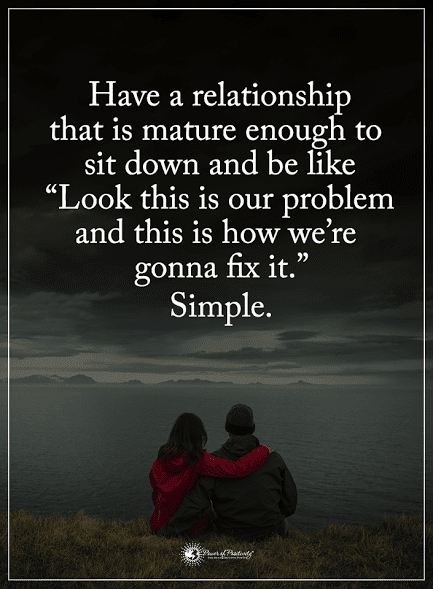Introverts are all too familiar with the daily struggle of forcing themselves to socialize and be a productive member of society when they’d love nothing more than to curl up in bed with a good book. Introverts don’t necessarily dislike people, but they just can’t deal with them in large doses like their extroverted counterparts can. They need more time to decompress, contemplate the world, and have some quiet time away from all the overwhelming noises and chaos of today’s society.
According to research, introverts make up 16-50% of the population. This means that a good portion of the world must try to figure out how to survive in an overly extroverted culture when it doesn’t come naturally to them. Having to act out of character just to fit into society’s expectations can get quite tiring, and can even lead to something called “introvert burnout.”
Yes, this is a real thing and must not be taken lightly. Introverts have a very delicate nervous system which can easily become overtaxed by society. They have limited energy to deal with social situations, but that doesn’t mean they can’t learn to handle them with coping mechanisms.
So, how can introverts deal with burnout, and even spot it before it happens? We have some ways to deal with introvert exhaustion below.
HERE ARE 5 WAYS TO DEAL WITH INTROVERT BURNOUT:
1. Get away from people for a bit.
Introverts must have time to themselves each day in order to maintain some semblance of sanity. They don’t have a high tolerance for all the stimuli in today’s world, so in order to decompress and recharge, alone time is an absolute must. If they go too long without solitude, burnout is almost imminent. Therefore, scheduling even 30 minutes a day to yourself can do wonders for your mental health.
If you work a normal job, try to convince your boss to allow you 5-10 minute breaks a couple times a day in addition to your lunch. Or, maybe you could take lunch outside and enjoy fresh air and solitude for a bit. Once you get home from work, don’t immediately start chores. Take time to unwind by soaking in a hot bath with your favorite essential oils, or go for a walk. Do whatever you need in order to keep your mind calm and healthy.

2. Don’t do things you don’t want to do with people you don’t like.
While you can’t avoid all social events, such as a family member’s wedding or birthday party, you can pick and choose who you hang out with and where you go, for the most part. Do things that bring you enjoyment with people who make you happy, but remember not to overburden yourself with obligations. Introverts can get social exhaustion from even small hangouts, so pace yourself and listen to your body.
Also, if you have to go to a big event for a family member or friend, try to talk to a few people you feel comfortable around at the gathering – don’t mingle with every single person just to seem friendlier if it tires you. Give yourself a few days before the event to mentally prepare by not scheduling any social activities. Just relish in the silence and solitude for now, because otherwise, you might get overwhelmed at the party if you schedule too many social gatherings in one week.
3. Practice self-soothing techniques when you go out.
You don’t have to talk to people every minute that you go out; take some time to just listen to others and enjoy their company. Talk only when you feel like it, and when you don’t, escape into your mind a little and daydream. Recite soothing mantras that help you feel calmer, or even meditate for a few minutes. You could always use your phone as a tool to escape, even though that might seem a little rude depending on the circumstances.
4. Live a life that makes you comfortable.
Don’t try to go against your personality by taking jobs that you have to force yourself to get up for every morning, or having friends that drain your energy, even if they are well-meaning extroverts. Live a life that makes you feel comfortable in your own skin, and never apologize if your definition of happiness looks vastly different from someone else’s.
5. Learn to love yourself.
Introverts have been given a hard time by others just because they don’t seem as “friendly” or outgoing or social as some people. People still don’t fully understand introverts, but that doesn’t mean you have to put on an act just so others will accept you. Learn to love and accept yourself, and just forget what the world thinks. You have the free will to act as you wish (as long as it doesn’t harm others), so stay true to your personality and never change for someone else.
Though surviving in an extroverted world comes with many challenges for an introvert, that doesn’t mean they can’t find happiness and enjoy life in their own way. They might need more alone time than extroverts, but this doesn’t make them hermits who despise society. This makes them human, and introverts should never feel guilty for their natural disposition. It means they’re more sensitive to external stimuli and are just trying to cope with it how they see fit. So, never beat yourself up if you need a few days in your room away from the world. You’re protecting yourself from burnout and taking care of yourself, and that’s nothing to be ashamed of.
So we hope you can use these tips to deal with (or even prevent) burnout and learn to love your introverted self. 🙂










